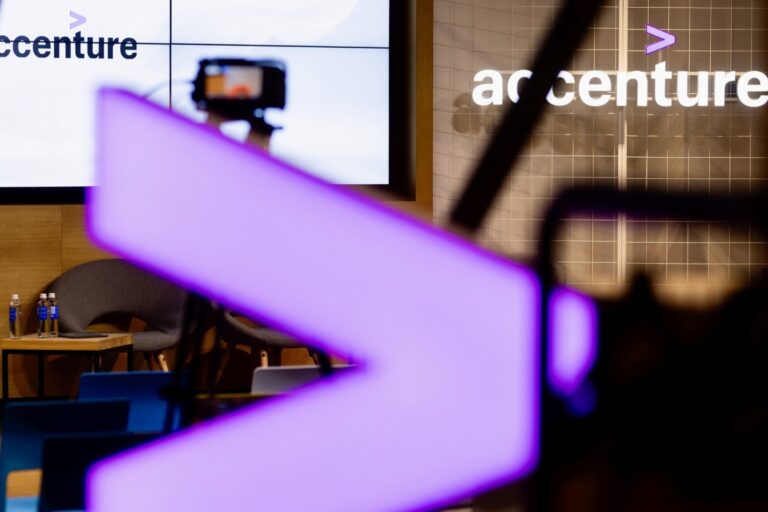Dark Side of Gaming Scene: Controversial “Tales” of Electronic Arts and Their Implications
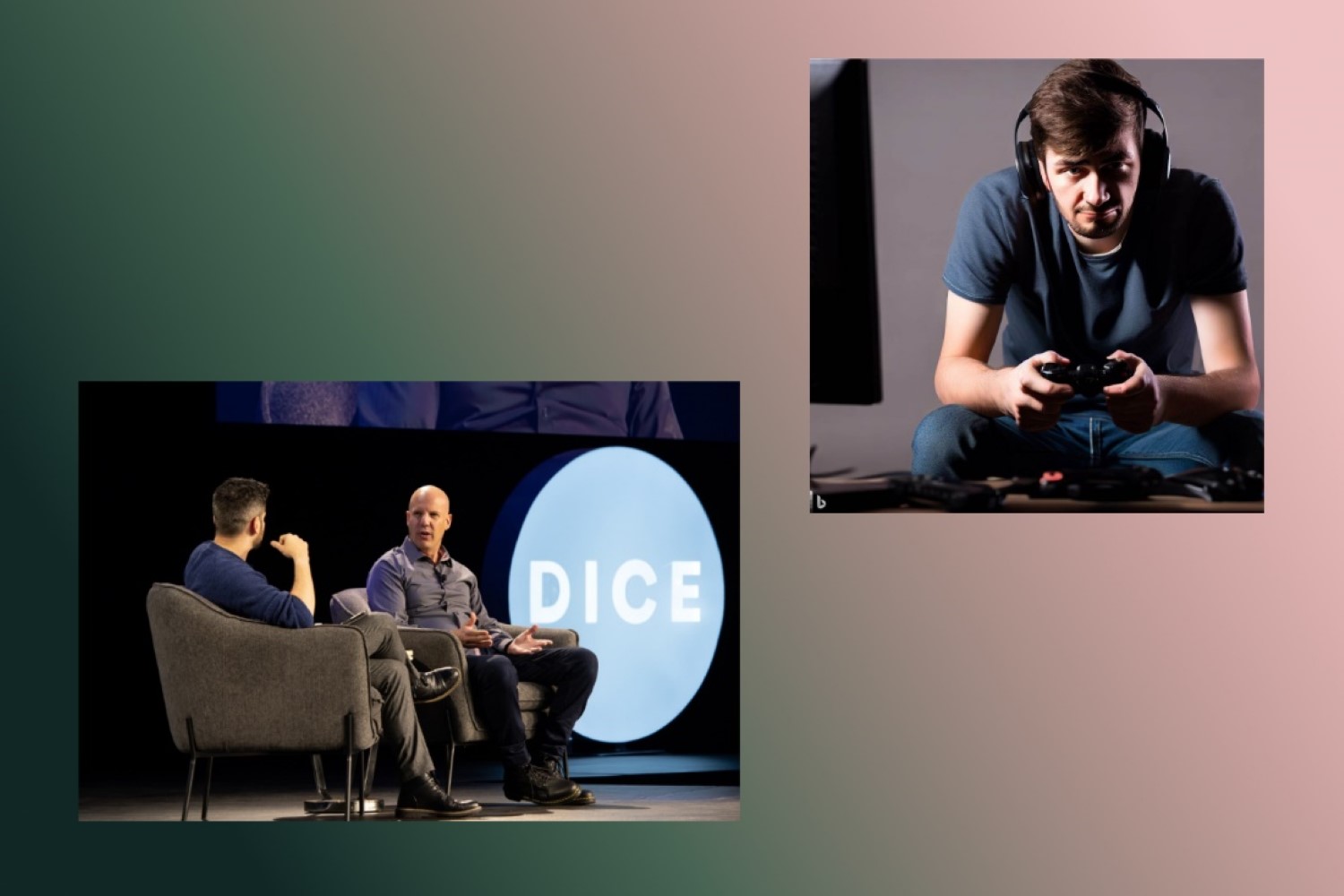
Meeting the needs of customers is essential for any business, and this is unexceptionally true in the video game industry, where player satisfaction and engagement are critical to success.
Since its founding by Trip Hawkins in 1982, Electronic Arts (EA) has grown to become one of the largest and most influential game publishers in the world, with a waide range of titles across various genres and platforms.
This growth has been driven by the rapid expansion of the video game industry, which has seen significant technological advancements and shifts in consumer behavior over the past few decades. As the industry has evolved, EA has continued to innovate and adapt, releasing popular titles such as “The Sims,” “Battlefield,” and “Star Wars Jedi: Fallen Order.”
However, despite its respectable success, EA has faced several controversies that have garnered significant attention and sparked debate among gamers and industry professionals.
In fact, EA was included in USA Today’s list of the top 20 most hated companies in America in 2018, ranking at number five.
In the following sections, we will examine some of the most significant controversies surrounding EA and their impact on the company and the industry as a whole. By exploring these controversies in depth, we can gain insight into the challenges facing the gaming scene and the importance of ethical business practices in meeting the needs of customers.
The “Death” behind Not-Well-Thought-Out Acquisition of Game Developers
The gaming giant has a long history of acquiring game developers, with some of its most successful franchises, such as “Madden NFL” and “FIFA,” originating from these acquisitions. Given that, it’s worth noting that some of EA’s acquisitions did result in the closure of studios and the loss of jobs, leading to criticism from gamers and industry professionals.
For example, in 1992, EA acquired Origin Systems, a developer known for its popular “Ultima” series of role-playing games. While the acquisition was intended to bring the “Ultima” franchise under the EA umbrella, it ultimately led to the closure of Origin Systems and the discontinuation of the “Ultima” series. This decision was met with backlash from fans of the franchise, with some calling it the “death” of the “Ultima” series.
In an interview with Gamasutra, Richard Garriott, the creator of the “Ultima” series, expressed disappointment with the handling of the franchise by EA. Garriott stated that “Ultima” was his “life’s work,” and that the changes made after the acquisition had a negative impact on the series and its fans.
These “changes” included significant alterations to the development team and process, delays in the release of new titles, and changes to the direction of the series. Garriott believed that the changes made by EA were not aligned with the creative vision of the “Ultima” series, and ultimately led to the discontinuation of the franchise. This decision was an apple of discord amongst fans of the series, who felt that the legacy of the “Ultima” franchise had been compromised by EA’s acquisition and management.
Similarly, in 1995, EA acquired Bullfrog Productions, the developer behind popular games such as “Populous” and “Theme Park.” While the acquisition initially resulted in the creation of new franchises such as “Dungeon Keeper,” the closure of Bullfrog in 2001 and the discontinuation of the “Populous” series sew anger from gamers and industry professionals.
Sharing in an interview with IGN, Peter Molyneux, the founder of Bullfrog Productions, voiced his dismay with the closure of the studio and the impact of EA’s acquisition on the industry. Molyneux stated that “the death of Bullfrog was a very, very sad day,” and that the closure of the studio left a negative impact on the creativity and innovation of the industry.
Former Bullfrog artist, Gary Carr, stated that the shutdown of the studio was a “huge loss” for the video game landscape, and that the acquisition by EA had undermined innovation. Similarly, former Bullfrog producer, Louis Castle, criticized EA’s approach to acquisitions, commenting that “EA has never really been able to acquire companies and turn them into a culture that’s part of EA.”
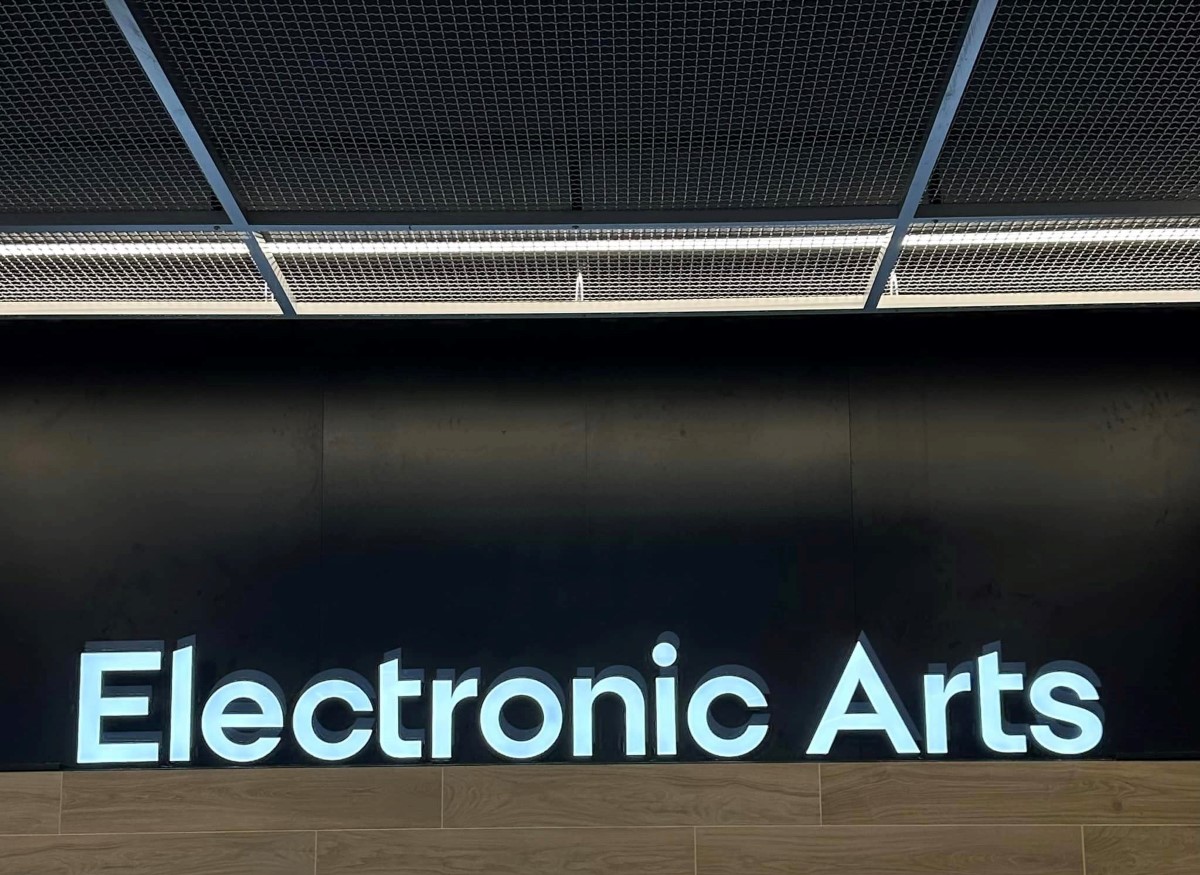
In addition to criticism from former Bullfrog employees, gamers, especially “Populous” fans, were on the warpath. In a review of “Populous: The Beginning” for GameSpot, a reviewer noted that “it’s a shame that the series had to end so abruptly due to the closure of Bullfrog Productions.
Besides, the acquisition of Westwood Studios in 1998 also resulted in the closure of the studio and the end of popular franchises such as “Command & Conquer.” While the series was eventually revived by EA, the closure of Westwood led to concerns about the impact of consolidation on the industry and the loss of valuable talent.
Speaking of the impact of EA’s acquisition on the talent at Westwood, former Westwood employee Louis Castle frankly shared, “the loss of Westwood was really the loss of the talent, and the talent was scattered to the winds.”
He did criticize EA’s approach to acquisitions, suggesting that more attention should be paid to the culture of the studio being acquired. Castle’s comments reflect concerns about the implications of consolidation on the gaming sphere and highlight the need for companies to prioritize the creative vision and talent of acquired studios.
Pay-to-Win: The Dark Sides of Loot Boxes
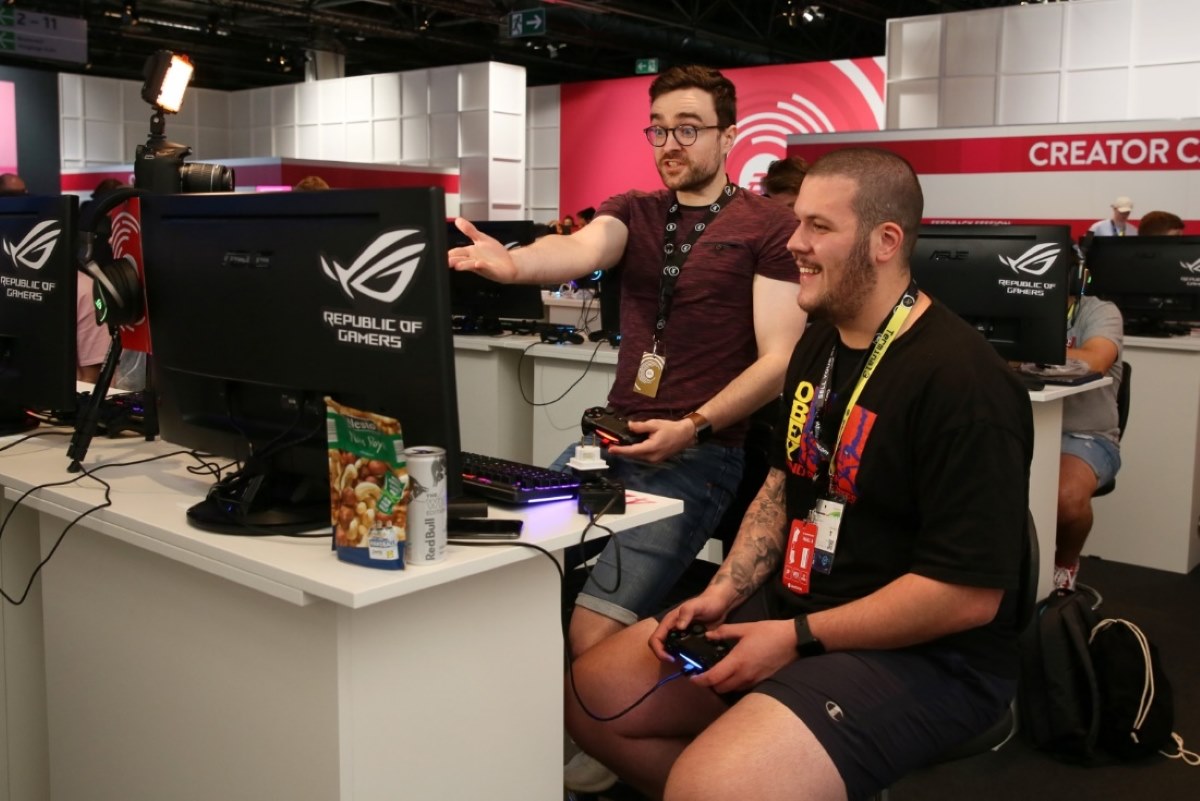
For those not in the known, “loot box” is a controversial feature in video games where players can spend real money to obtain a randomized virtual item or reward.
“Loot boxes are now endemic in the video game industry and are present in everything from casual smartphone games to the newest, high-budget releases… Their prevalence has caused concern among lawmakers and regulators around the world.” – U.S. Senator Maggie Hassan
EA has faced criticism and regulatory scrutiny over its use of loot boxes in games such as “FIFA” and “Star Wars Battlefront II.”
EA’s use of loot boxes in its popular “FIFA” series has been particularly controversial. In the game’s popular “Ultimate Team” mode, players can purchase virtual player packs using real money, with the contents of these packs randomized and not guaranteed to contain high-rated players.
“I think that the way that the game is designed, it’s predatory. It’s unethical. It’s designed to prey on people. I don’t think that FIFA should be in a position to profit off of that.” – Zaro, a former community manager at EA.
Remarkably, the controversy surrounding loot boxes in “FIFA” also has led to regulatory scrutiny in various countries.
In 2018, lawmakers in several countries, including Belgium and the Netherlands, declared that loot boxes constituted gambling and were illegal.
In 2020, an investigation by the UK Parliament’s Digital, Culture, Media, and Sport Committee found that loot boxes and other forms of in-game purchases are “potentially addictive” and “have no place in games that are marketed to children.” The committee called for the government to regulate the use of loot boxes and other forms of in-game purchases.
In response, EA has defended the use of loot boxes, stating that they are not a form of gambling and that the company is committed to providing a fun and fair experience for all players.
“We know that players have been concerned about how we plan to evolve player progression, so I wanted to take the time to explain exactly how the system works.” – Corey Andress, a producer at EA Sports.
To take another case, in 2017, EA faced backlash from gamers and industry professionals when it was revealed that players could pay real money to purchase “crystals” in “Star Wars Battlefront II,” which could then be used to purchase randomized “loot crates.” These crates contained items such as weapons and upgrades that could give players an advantage in the game.
Critics argued that the use of loot boxes in “Star Wars Battlefront II” was pay-to-win, meaning that players who spent more money on loot boxes had a significant advantage over players who did not. Some even compared the system to gambling and argued that it was unethical to include in a game aimed at younger audiences.
The backlash was so severe that EA temporarily disabled the ability to purchase crystals with real money in “Star Wars Battlefront II.” In answer to the criticism, EA’s CEO, Andrew Wilson, stated that the company would be “turning off all in-game purchases” in the game while they “work on making changes.”
Heated arguments surrounding loot boxes in “Star Wars Battlefront II” also led to regulatory scrutiny. In the United States, Hawaii State Representative Chris Lee called out EA’s “predatory behavior” and “exploitative practices” in its implementation of loot boxes in “Star Wars Battlefront II.” Lee called for legislation to address the issue, stating that “we need to take action to ensure that games with predatory mechanisms like loot boxes are prohibited from being sold to minors.”
Overall, EA’s use of loot boxes has been a contentious issue in the gaming industry, with critics arguing that the practice is unethical and exploitative. While EA has made changes to its policies in response to the backlash, the controversy surrounding loot boxes is likely to continue to be a hot-button issue in the sphere for the foreseeable future.
Exploitative Practices and Toxic Workplace Culture
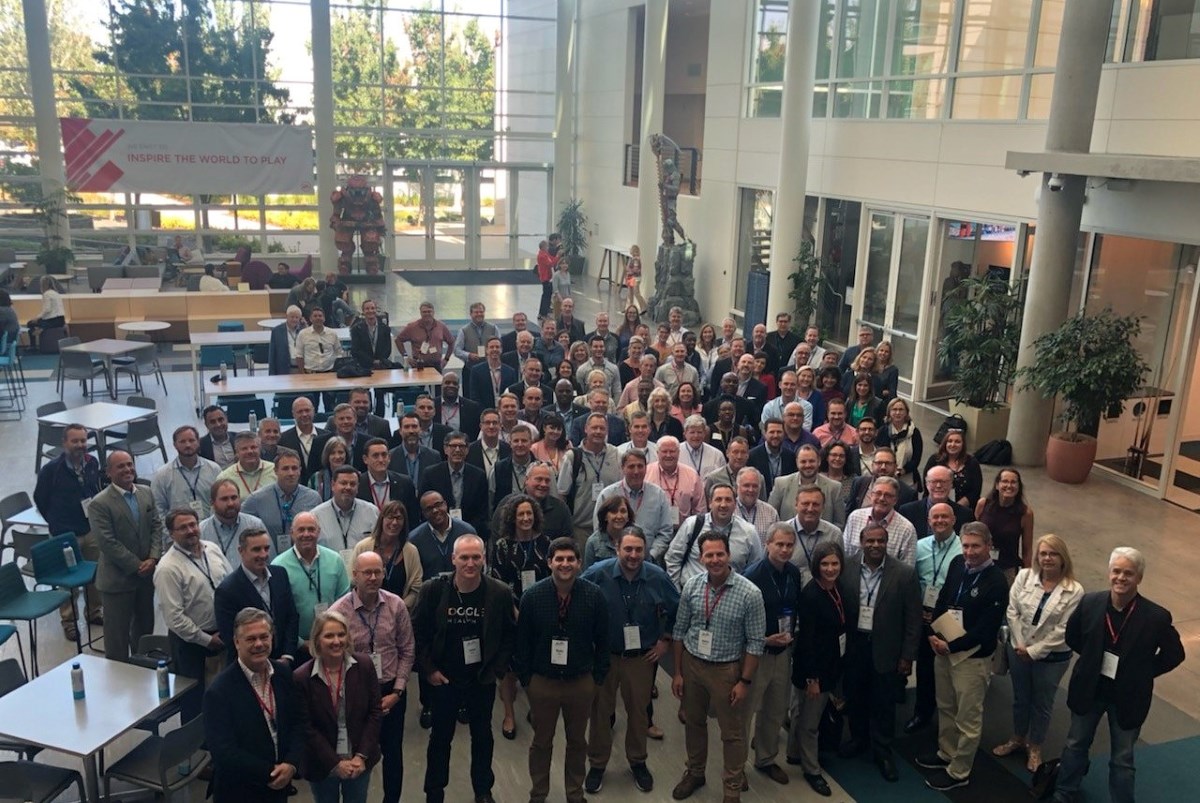
More remarkably, reports and concerns about exploitative practices at Electronic Arts have been ongoing for several years. One of the most commonly cited issues is the long working hours that EA employees are expected to work, particularly in the lead-up to major game releases. Mandatory overtime and weekend work are often required to meet tight deadlines, leading to concerns about burnout, stress, and work-life balance.
In 2019, an anonymous EA employee told Kotaku that “crunch” periods of mandatory overtime were common, particularly in the weeks prior to game releases. They stated that they had worked up to 100 hours per week during these periods.
Another anonymous EA employee told GamesIndustry.biz in 2020: “Expectations are high and it’s almost impossible to hit them without crunching… If you don’t crunch, it’s basically seen as you not caring about the game, which is a ridiculous mindset.”
Insufficient compensation has also been a major concern regarding EA, with criticisms leveled at the company for not paying its employees fairly, especially those in lower-level positions.
In 2020, an anonymous letter from an EA employee was published on the website “Open Letter to EA,” which claimed that the company had failed to deliver on promises of pay increases and that they were “severely underpaid.” The author stated that they had been paid $14 per hour for an entry-level position, which they argued was not enough to live on in the San Francisco Bay Area.
The letter went on to claim that many of their colleagues were also severely underpaid, and that this was leading to high turnover rates at the company. The letter was widely shared on social media and sparked a conversation about compensation in the gaming industry.
Additionally, EA has also faced allegations of fostering a toxic workplace culture. This includes claims of sexism, racism, and harassment.
In 2018, a group of female EA employees spoke out about the company’s handling of sexual harassment complaints. One of the women, Melanie McCracken, told The Verge: “We just want to work in an environment that’s not toxic, that’s inclusive of everyone, that’s respectful, and where we can grow in our careers.”
Also in 2018, another former EA employee, Jessica Price, tweeted about her experiences with sexism and harassment while working at the company. She wrote: “Working at EA was the worst experience of my life… I was routinely harassed, undermined, and gaslit.”
The issues surrounding Electronic Arts have persisted despite previous criticisms and investigations. In 2019, former EA employee Amanda K. Kofsky filed a lawsuit against the company, claiming that they had a “culture of bullying, harassment, discrimination, and retaliation.”
Kofsky personally experienced and witnessed pervasive harassment and discrimination within the company. She stated in an interview with Variety that she had worked in a toxic environment at EA, which had severely impacted her mental health. Kofsky’s lawsuit is just one example of ongoing concerns about the workplace culture at EA.
In response to these concerns, EA “claims” to take decent steps to address the issues. For example, in 2019, the company announced that it would be introducing “EA Studio Spotlight,” a program designed to showcase the achievements of individual studios and their employees. EA has also established a “Global Inclusion Council” to promote diversity and inclusion within the company.
However, critics argue that these measures are not enough, and that more needs to be done to address the systemic issues within EA’s workplace culture.
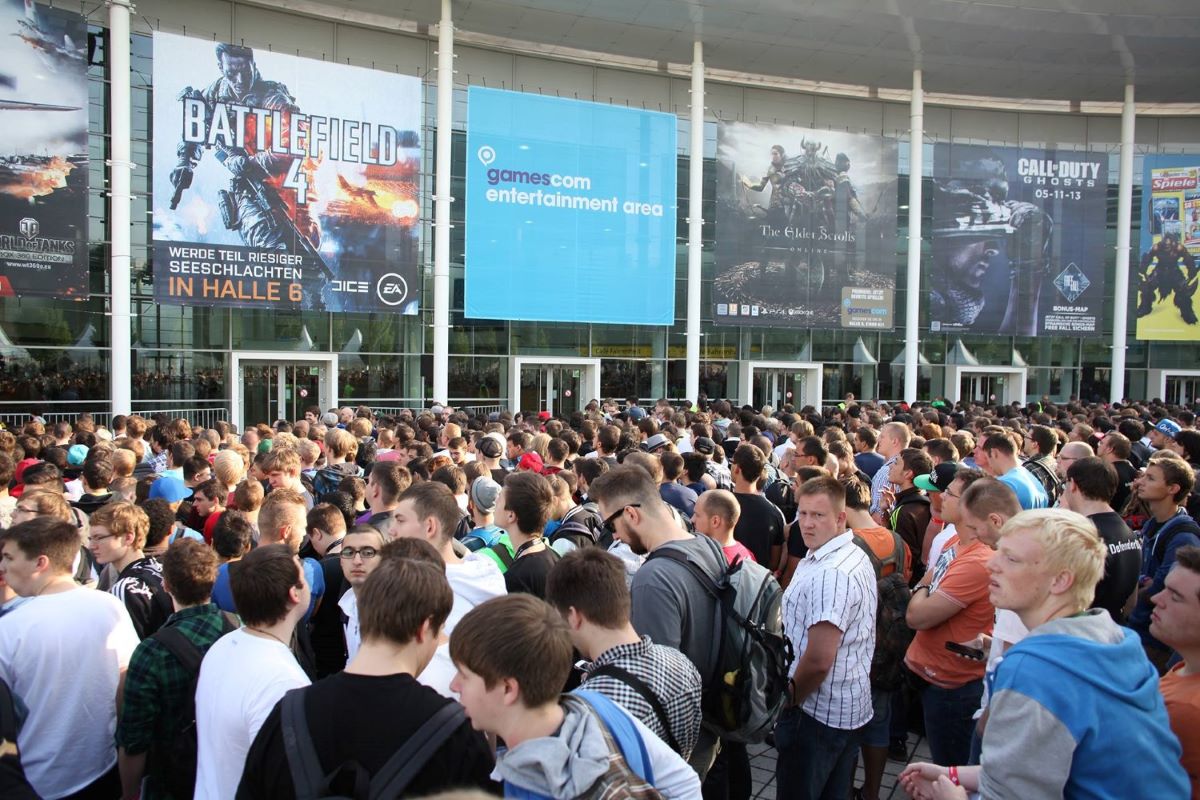
Commenting on EA’s 2019 announcement of the “EA Studio Spotlight” program, former EA employee Jessica Price tweeted: “This is not remotely what I was hoping for when I spoke out about EA’s toxic work environment… EA has a culture problem, not a PR problem.”
Also, a former EA employees launched a website in 2020 called “Not In Our Studio,” where they shared stories of harassment and discrimination within the company. The website called for more action from EA to address these issues and create a more inclusive and equitable workplace. One of the founders of the website, Cher Scarlett, told Kotaku: “The work to be done is immense, and the toxicity is so deeply rooted that we’re afraid it will be impossible to uproot without a full-on culture shift.”
Despite efforts to address concerns about workplace culture, Electronic Arts has continued to face criticism for its commercial practices, including its handling of the FIFA video game franchise.
The company faced renewed criticism for its handling of the FIFA video game franchise, with players and advocates accusing the company of implementing exploitative and unfair microtransaction practices. These microtransactions, which involve real-world money being used to purchase in-game items and currency, have long been a source of controversy for EA and other video game companies.
In the case of FIFA, players have voiced concerns about the high cost of certain in-game items and the pay-to-win nature of some game modes. These criticisms demonstrate that EA’s reputation and relationship with consumers continue to be a pressing concern in the gaming industry.
Bottom Lines
As the debate continues, game developers and publishers must consider the ethical implications of commercial practices and strive to create more transparent and fair monetization models that steer away from the “exploitative” tags. Ultimately, it will be up to both the industry and regulators to find a balance between player enjoyment and responsible business practices.
The question for the future of EA: Will they stay, or will they go? Will EA regain consumer trust and maintain its reputation in the gaming industry?



